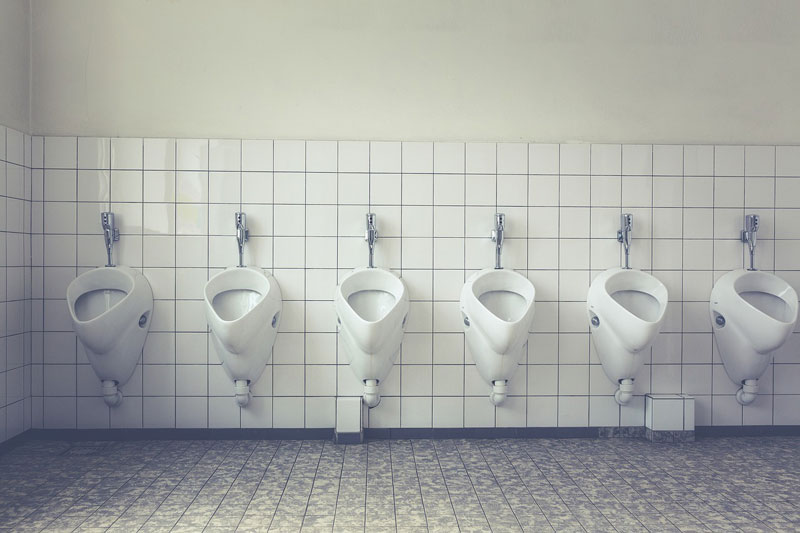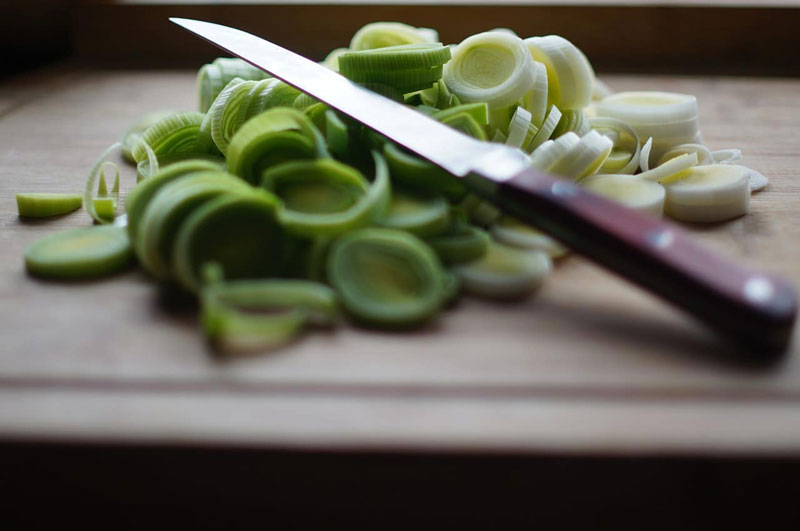Household consumption spending is always something that we must take into account for our pocket. In this post we bring you some tips to use less water at home and save a few euros on bills. Actually, spending less water is not only a matter of economic interest but also of environmental interest. You have to think that spending less water also means helping the planet and the supply of water resources.
Spend less water in the bathroom:

- Turn off the shower tap a couple of minutes before and save up to 560 liters per month.
- Update older toilets with low-flow or dual-flush models.
- Turn off the water while you brush your teeth.
Spend less water in the kitchen:

- Put aerators on all your faucets.
- Use new dishwasher models that clean better than older ones, so you can reduce water in the rinse.
- Just put clothes in the washing machine and dishes in the dishwasher with full loads. You can save up to 3700 liters per month.
- Save energy by installing an instantaneous water heater near the kitchen sink, so you don't have to waste water while it heats up.
- Insulate hot water pipes to reduce the time it needs to heat up at the tap.
- Let pots and pans soak instead of wasting water while scraping them to clean them.
- When washing dishes by hand, do not let the water run while rinsing. Use one wash sink and fill the other for rinsing.
- Keep a jug of cold water in the refrigerator instead of using tap water until it cools.
- Wash fruits and vegetables in a bowl of water instead of under the tap.
- Reuse nutrient-rich water from cooked or steamed foods for soups.
Spend less water in the patio and garden:

- Consider alternatives to a lawn with drought-tolerant plants
- Use rain barrels to collect water.
- Avoid water toys.
- Wash your car on the lawn to water your lawn at the same time.
- Use a broom instead of a hose to clean the driveway and sidewalk.
- Reduce the amount of grass in your garden by planting shrubs and ground covers suitable for your site and region.
Remember that:
Only 1% of the water on earth is fresh, accessible, drinkable water, which humans and animals need to survive. The world's population continues to grow, putting even greater pressure on our water resources. Whether you live in a house, apartment or condo, developing these easy habits to do at work and at home can help keep the clean water supply we all depend on for the future.





